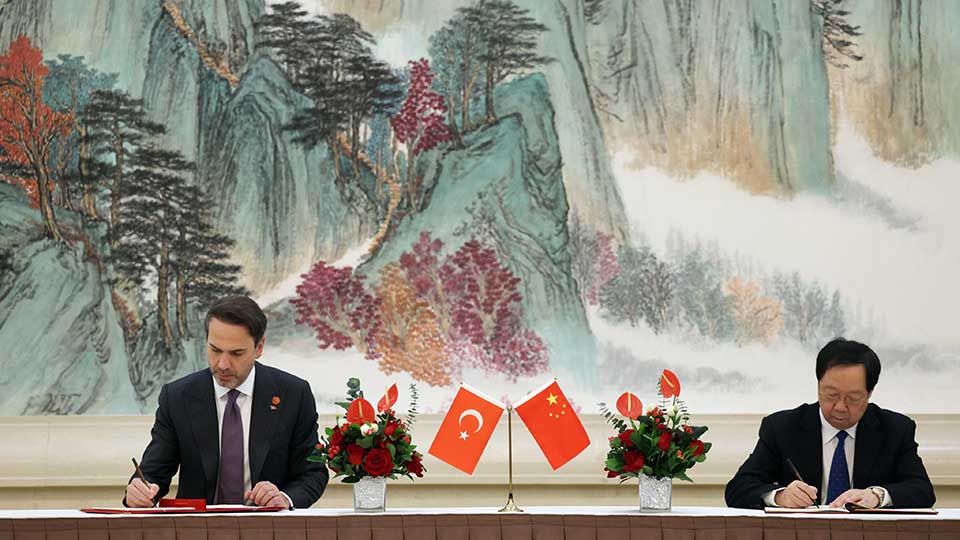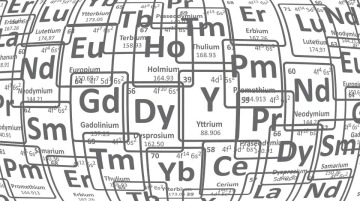
By Buğra Süsler
Critical minerals are becoming increasingly important due to their use in various strategic sectors, such as renewable energy, aerospace, and defense, with a growing global demand accelerated by the decarbonization of economies. China’s dominance in the production and processing of these minerals has intensified global competition, with many states formulating policies to address potential vulnerabilities tied to supply chain dependency. The EU’s Critical Raw Materials Act—focused on securing sustainable and resilient supplies and diversifying import sources—exemplifies such policies aimed at boosting competitiveness in this area.
In this global context, Ankara’s policy has aimed to leverage its resources as part of a broader energy and mining strategy, seeking to develop partnerships with both the West and China. Türkiye recently joined the Minerals Security Partnership (MSP) Forum, reflecting alignment with Western-led frameworks, and participated in discussions on responsible mining, processing, and recycling of critical minerals in September 2024.
The MSP has the potential to strengthen policy dialogue, provide opportunities for capacity-building projects, and develop existing ties with Western states. Notably, Türkiye is a leading supplier of boron—a mineral designated as critical by the EU and used in producing various chemical compounds with numerous industrial applications—and holds approximately 73% of global reserves, providing around 99% of the EU’s supply.
At the same time, Türkiye has pursued closer cooperation with China, most recently signing a memorandum of understanding on natural resources and mining in October 2024. Türkiye’s Energy and Natural Resources Minister emphasized cooperation on critical minerals and rare earth elements, inviting Chinese investments in exploration and extraction projects. The minister has also highlighted the need to expand Türkiye’s excavation and processing capacity, pointing to the discovery of a large rare earth element reserve in Eskişehir and its potential for facilitating the country’s energy transition goals.
This collaboration can be seen in the context of developing bilateral relations between Türkiye and China, including negotiations over Chinese involvement in Türkiye’s planned third nuclear plant in the Thrace region. Türkiye’s endorsement of the Declaration to Triple Nuclear Energy by 2050 at COP29 in Baku reflects its goal of expanding nuclear power. The government views nuclear energy as a critical component of its low-carbon energy mix, complementing renewables like wind and solar in its path toward net-zero emissions by 2053. As a leading nuclear power producer, China emerges as a natural partner for the government’s ambitions.
In the domestic arena, the government has faced criticism during recent parliamentary debates for its mining and energy policies and plans, with concerns centered on contracts awarded to foreign companies and the risks of creating long-term energy dependency on major powers.
Overall, Türkiye’s approach underscores its strategy of diversifying international partnerships to leverage relationships across both Eastern and Western blocs. As shifting geopolitical dynamics and domestic challenges continue to evolve, the sustainability of this strategy will play a crucial role in shaping Türkiye’s position within the global critical minerals and energy landscape.
Dr. Buğra Süsler is the head of Türkiye and the World program at LSE IDEAS, London School of Economics and Political Science, and an Associate Professor in the Political Science Department at UCL.







